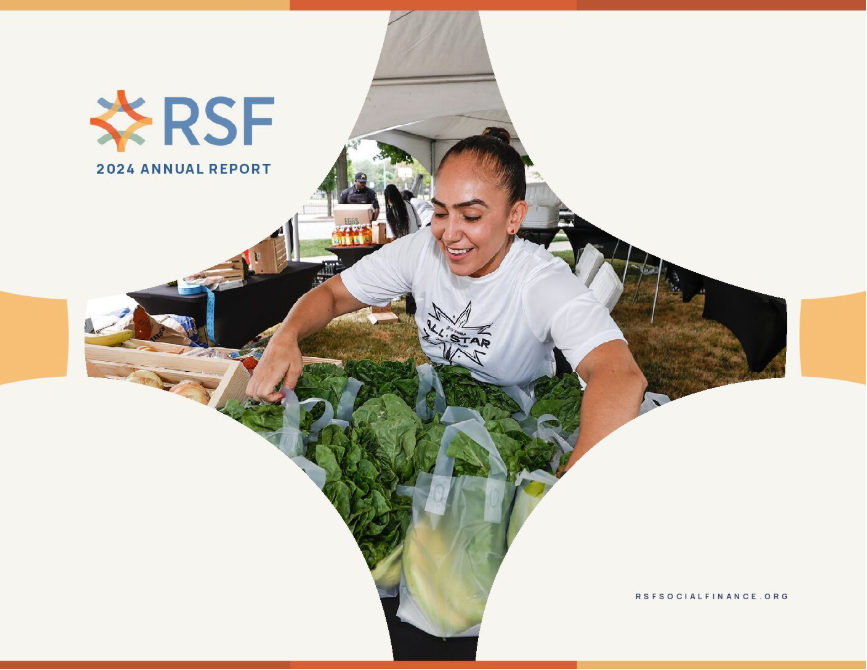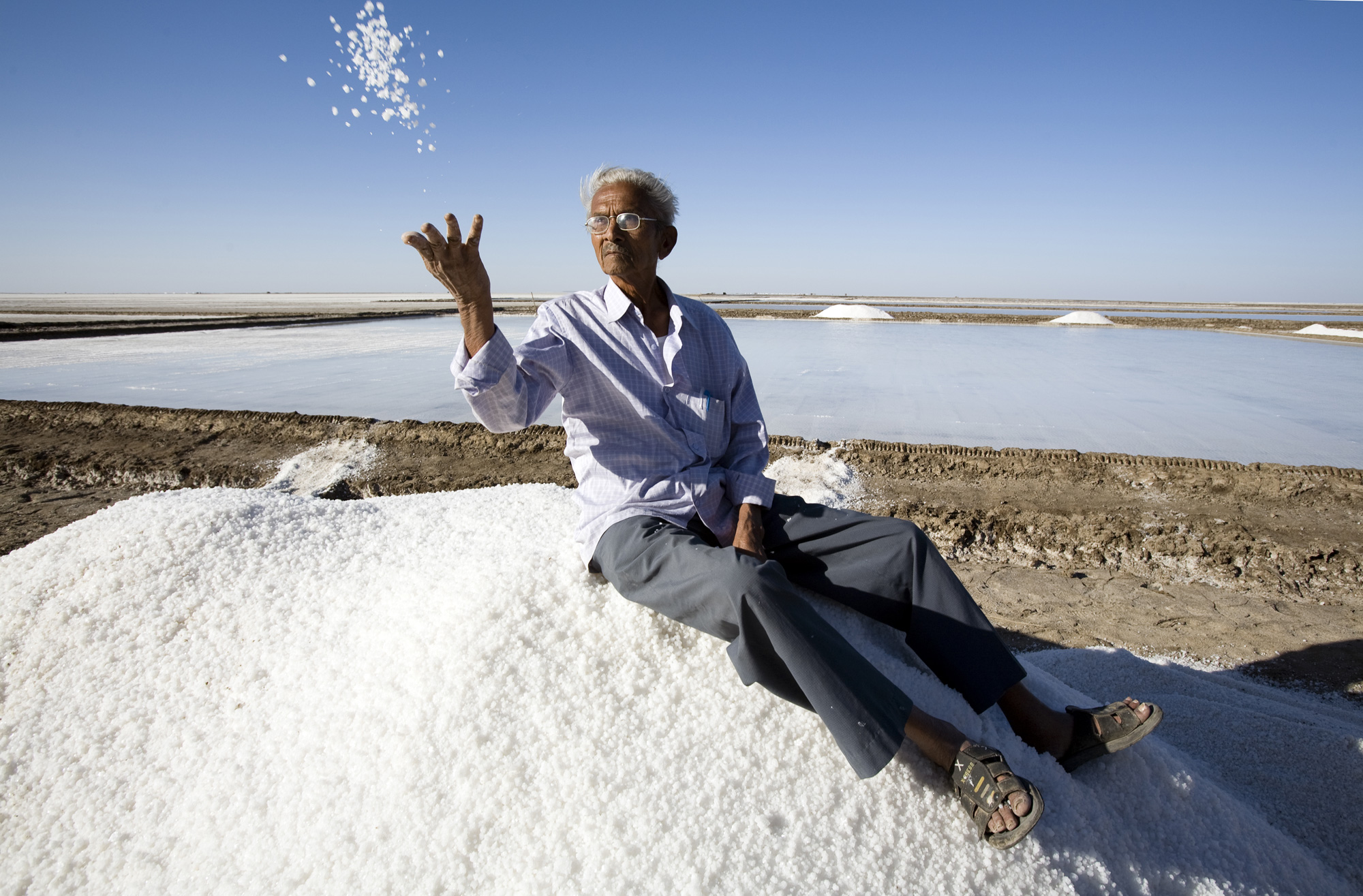When I first started working in impact investing, the field’s challenges were foundational: refining the concept, finding suitable investments, figuring out how to measure impact, even determining what to call the concept. Work in all those areas continues, but the field has matured to the point where it’s on the agenda of the G8, finance conglomerates feel they need to have an impact product, and the mainstream business press is taking notice (if skeptically). Now I’m seeing an enormous amount of energy pouring into our next great challenge: cultivating a vanguard of 100 percent impact investors, people who devote their entire portfolio to funding enterprises that strive to produce social and ecological benefits as a core part of their mission.
I’m privileged to have an inside view of this nascent movement. At RSF Social Finance, we’ve been working for years with clients and partner organizations to promote this increased level of commitment and to seed the infrastructure that supports it. And momentum is building: the push toward 100 percent impact (sometimes called whole portfolio activation) is where the action is in impact investing.
Who are the 100 percent impact investors?
Most people investing for impact have only a portion of their money in impact investments; 100 percent impact investors are working toward going all in. What’s driving them? My sense from talking with people attracted to this movement is that many people of means are having an existential crisis about climate change and other problems in which they know they’re complicit. They want to understand where their money is going and direct it to solving the problems they are passionate about. Just investing in a mutual fund that’s screening out bad things is not good enough anymore.
The advance scout for this movement would have to be Carol Newell. She had inherited substantial wealth by the early 1990s, and, believing she had more than enough, she spent 20 years working with another pioneer, Joel Solomon, to put her entire portfolio (more than $60 million) to work stimulating the regional green economy in British Columbia. This work led to the formation of Renewal, an organization dedicated to supporting a shift from the “maximum financial return at any planetary cost” economy to one that prioritizes community and ecosystem health. Through Renewal she co-founded play BIG, an annual event that brings high net worth individuals together to share investing experiences and develop strategies for activating their whole portfolio to serve their mission.
Recent play BIG participants include a woman who, on the cusp of a significant inheritance at 35, was looking for a new way to invest. She ended up tossing aside the conventional investing framework and developing her own framework that prioritizes planetary health. Another woman has oriented her whole portfolio toward soil health. Yet another woman has moved 100 percent of her family foundation’s assets to investments in social justice and environmental sustainability. She’s also a big supporter of education because she believes it’s a key factor in initiating change.
Support network blooms
The momentum behind 100 percent impact investing is both reflected in and accelerated by the growing number of organizations devoted to promoting the concept and supporting investors. Just a few highlights:
- A dozen high net worth individuals with a combined total of $1 billion to invest met near San Francisco in February for the 10th annual play BIG. Co-founder and lead event organizer Marian Moore, an RSF advisor, notes that the dollars involved in play BIG have increased dramatically in recent years.
- Charly Kleissner, a technology executive turned impact investor and entrepreneur, has just launched the 100%IMPACT Network, an association of high net worth individuals seeking to invest all their funds for impact. The group is an outgrowth of Toniic, a global network of impact investors that Kleissner founded to nurture and invest in entrepreneurs, enterprises and funds that promote a just and sustainable economy. His organizations provide essential nuts-and-bolts support.
- BALLE’s Local Economy Funder Circle, a group of investors focused on regional approaches to impact investing and on funding change in specific communities, launched in 2012. This group is exploring the best business models and programs to build community resilience, methods for tracking progress, and ways to think about risk, return and structure.
- And in January, RSF and the Arizona Community Foundation attracted senior executives from 24 of the most innovative community foundations in the U.S. and Canada, representing rural as well as urban communities and holding assets totaling more than5.5 billion, to an event focused on shifting assets to local impact investing. (See more here.)
These events and organizations join a broadening pool of others dedicated more broadly to encouraging impact investing, including Confluence Philanthropy, SOCAP, Slow Money, Capital Institute, and Investors’ Circle.
Motivating the next 10,000
Pretty much everyone attending play BIG said they wanted to true up their investments with their values, but this is not just a personal effort: these pioneers see that the whole financial system has to change, and they want to model the 100 percent impact approach so that the next 10,000 people like them can do it more easily.
This isn’t a tech-rollout situation: a 100 percent impact strategy requires people to make a fundamental shift in their relationship to money, and they need to do it in stages. Still, it’s possible today to develop a 100 percent impact portfolio in sustainable agriculture, for example, and have perfectly fine returns and diversification.
People will increasingly demand such portfolios, and the dinosaurs in the financial advisory community are going to see their clients leaving in droves. Alternatives are out there — tap the network described above, and you can be on your way.
by Don Shaffer
Don Shaffer is the former President & CEO of RSF Social Finance


